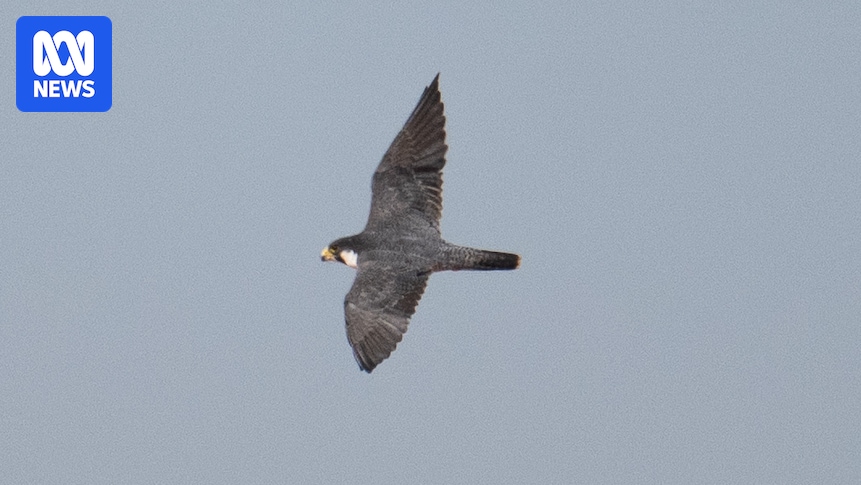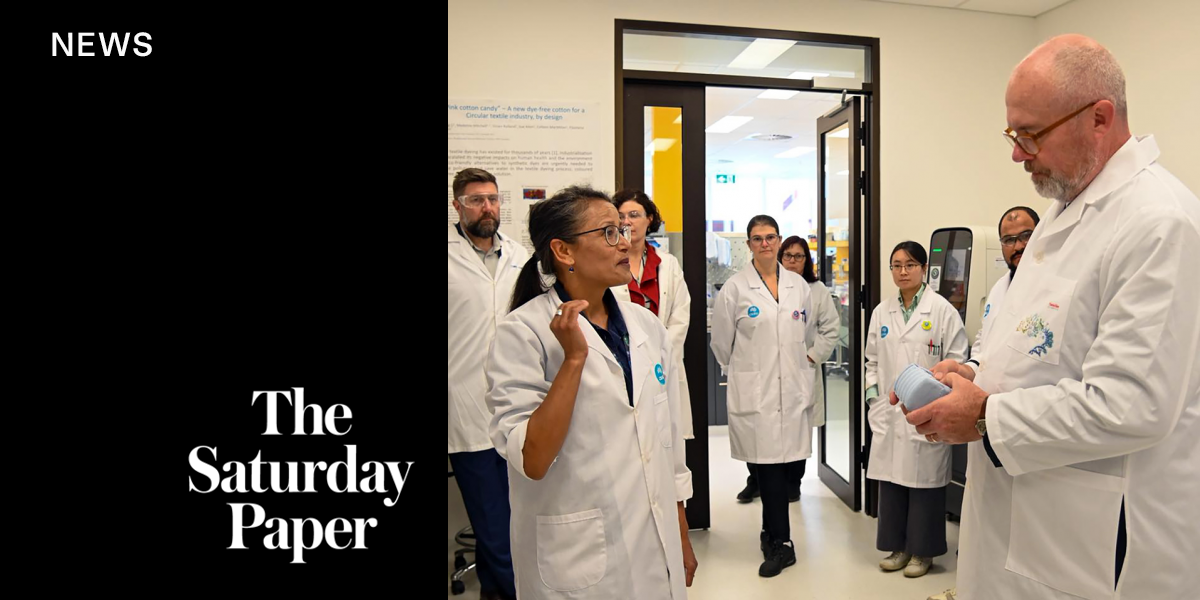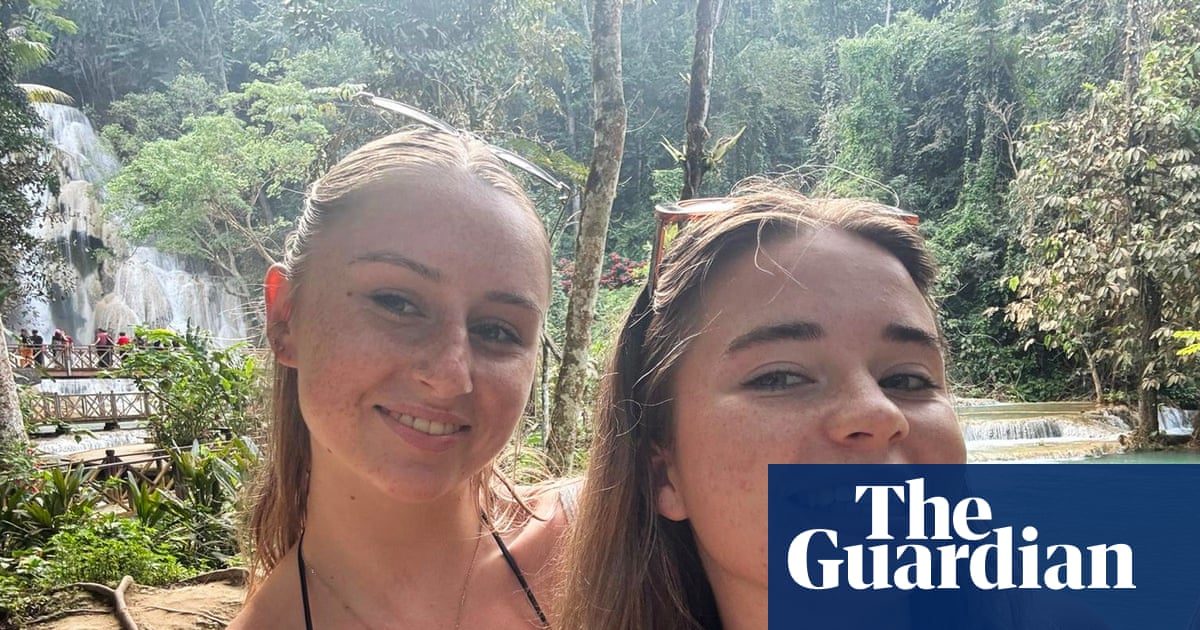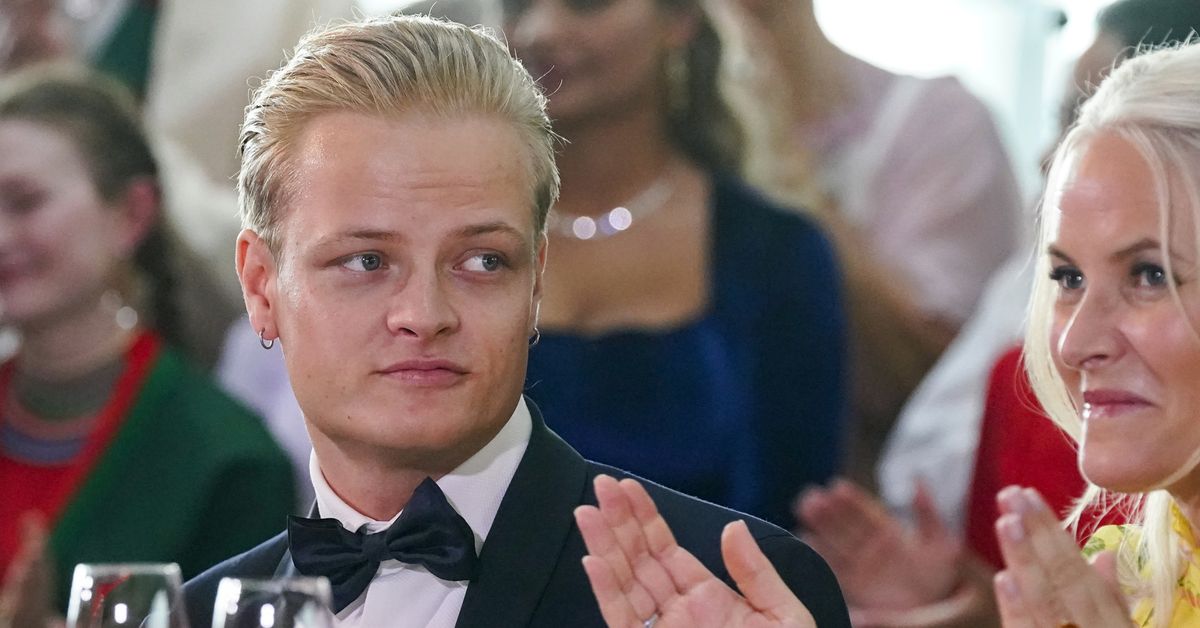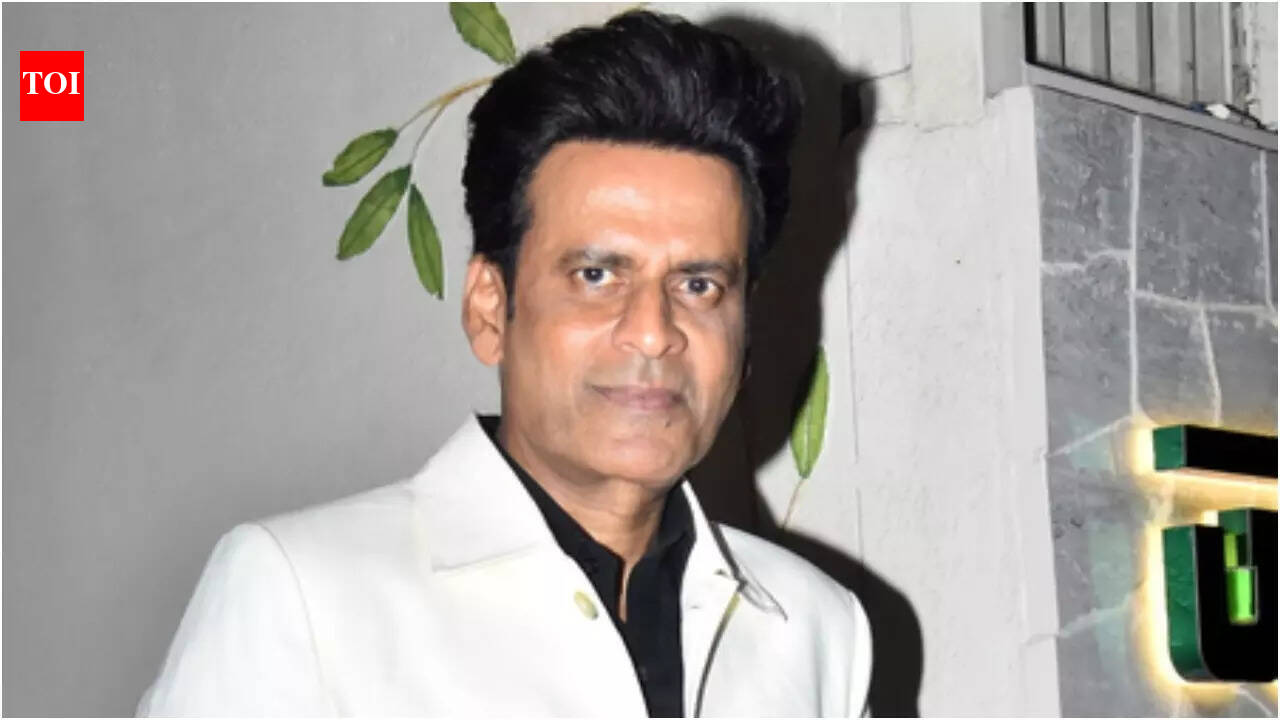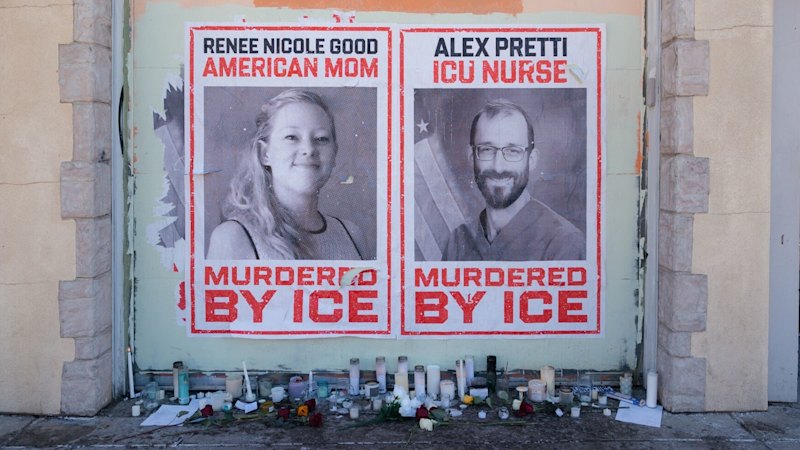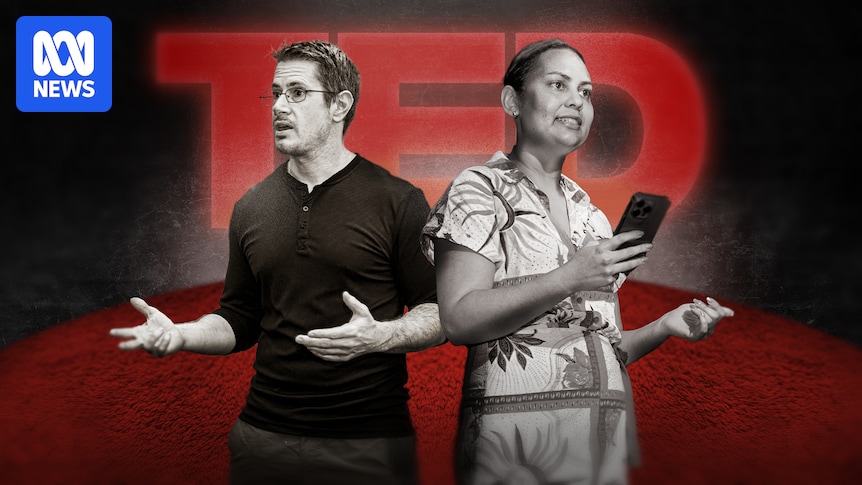
Storytelling is a crucial element of crafting an engaging TED talk, yet distilling complex subjects into accessible narratives can be nerve-wracking. This Saturday, ten experts from diverse fields will grace the global TED stage for the first time at the sold-out TEDx Charles Darwin University (CDU) event. The lineup includes wildlife specialists, tech innovators, environmental scholars, and social thought leaders, all prepared to share their insights with a worldwide audience.
Among the speakers is PhD candidate and crocodile expert Brandon Sideleau, who describes the preparation for this significant event as “very much a team effort” between the university and its academics. Sideleau, who has been working on a global crocodilian database, initially faced challenges with technical jargon in his script. “I sent my script to the team and they said ‘that’s not going to work’ because I was using some [technical] terminology,” he explained.
Sideleau opted for a storytelling approach, using real-life examples and photographs to elucidate why crocodile attacks occur and how interactions with these predators can be minimized without resorting to culling. This topic is particularly timely, given that crocodiles have been hunted to extinction in six countries and remain “critically endangered” in others.
Regional Expertise on a Global Stage
Despite Australia housing a significant portion of the global saltwater crocodile population, Sideleau’s research reveals that most fatal attacks occur overseas. His findings indicate that across 14 countries, nearly 300 crocodile attacks happen annually, with about 150 resulting in fatalities. “I was noticing that there were a lot of incidents in Indonesia especially,” he noted.
Sideleau’s research highlights “massive differences” in attack numbers due to the necessity for people in developing nations to engage in activities such as bathing, fishing, and collecting water in crocodile habitats. “Here in Australia, almost all victims are attacked while engaging in leisure activities … compared to middle-income countries in general, 30 percent of people are attacked while engaging in activities related to sanitation,” he said.
“I want people to understand this is a poverty-related story, not necessarily a crocodile problem.”
Preparing for the TED Stage
CDU research fellow Sharna Motlap will also present at the event. Although she has spoken at conferences before, this marks her debut on the TED stage. Like Sideleau, she plans to use storytelling to engage the audience, transforming complex academic ideas into narratives that resonate with the average viewer.
Motlap’s TEDx talk will explore how motion capture technology can help preserve traditional knowledge and cultural understandings. “There’s this great analogy in this book [which] discusses the concept of ‘the best story wins,'” she said. Her work involves using technology to create digital replicas of traditional dance, ensuring the preservation of cultural heritage.
“Even if you have discovered something completely life-changing, if you can’t communicate it then nobody will care.”
Implications for the Future
Both Sideleau and Motlap aim to influence a better future through their TED talks. While Sideleau seeks to address misconceptions about crocodile attacks, Motlap’s project focuses on safeguarding traditional culture for future generations. Her research employs the same motion capture technology used in films like Avatar, but with the purpose of preserving Indigenous dance.
“We place reflective markers on the dancer’s body and then we use the system of cameras to track the reflective markers,” she explained. This technique captures precise movements in three-dimensional space, offering a significant advancement over standard video recordings.
Beyond preserving movements, Motlap’s research protects the Indigenous culture and knowledge associated with these dances from being lost over time. “It’s exciting because we can now access and preserve that knowledge that was created thousands of years ago, from people living and taking care of this country,” she said.
As Darwin University hosts its inaugural TEDx event, the excitement is palpable. The opportunity to share local research with a global audience underscores the region’s unique contribution to global knowledge and cultural preservation.
